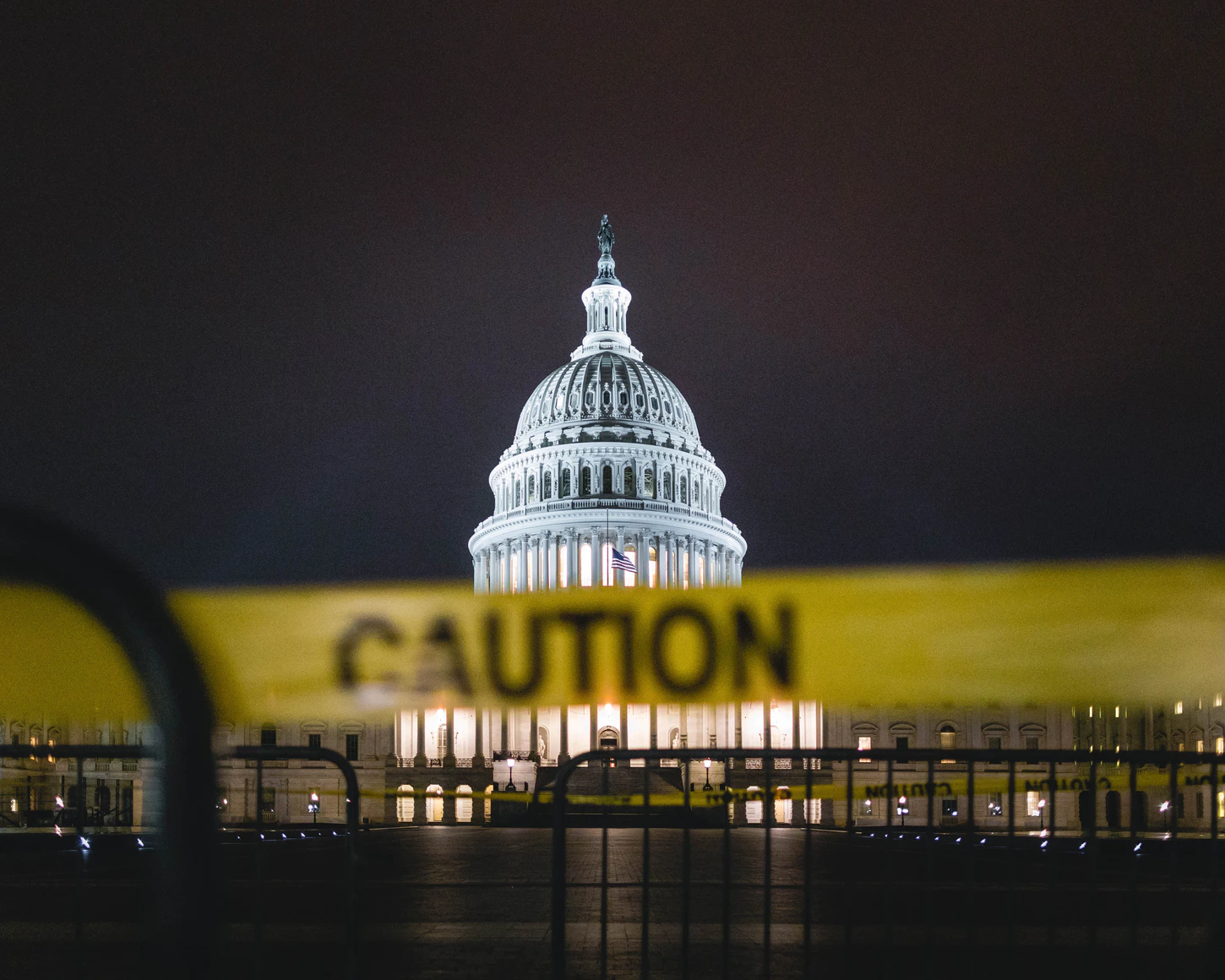
On February 4th, 2022 U.S. Representatives Liz Cheney (R-WY) and Adam Kinzinger (R-IL) were formally censured by the Republican National Committee for their involvement with the Democrat-led House investigation of the events of January 6th, 2021. The resolution censuring Cheney and Kinzinger reads, “Representatives Liz Cheney and Adam Kinzinger who have demonstrated, with actions and words, that they support Democrat efforts to destroy President Trump more than they support winning back a Republican majority in 2022.”
The language in the resolution is indicative of a massive shift within the Republican party. The responsibility of a political party is to represent the people who elect them, compete with other political parties for votes, and “root out extremists in the grassroots of their own ranks.” [1] Not only did the Republican party fail in 2016 to stop the rise of Donald Trump, who exhibits three out of four of Levitsky and Ziblatt’s behavioral warning signs of authoritarianism in a politician, but the party has shifted its goals to unconditional support of him. The resolution sought to punish Cheney and Kinzinger for their work on the investigatory committee, but it came to the defense of people who had participated in the January 6th riot, referring to them as “ordinary citizens engaged in legitimate political discourse.” This language was published just days following former President Trump’s suggestion that should he be reelected in 2024, he would consider pardoning the rioters.
The norms of mutual toleration and institutional forbearance have been slipping in the U.S. for the last few years. Prime examples of this are the refusal of the Republican Party to allow President Obama to nominate a new justice to the Supreme Court, following the death of Antonin Scalia, and the near normalization of the impeachment process by House Democrats during the Trump presidency. An analysis by Lieberman et. Al explains it best: “Trump’s candidacy and his presidency suggest that something fundamental about American politics has changed, implying that basic features of the American democratic regime and the political order that underlies it are at risk and that their continuation should not be taken for granted.” [2] The Trump campaign and presidency were built on the foundations of xenophobia and islamophobia, claims of illegitimacy of the sitting president, and fake news. Its end was marked by a riot by people who refused to accept the election of a new president, motivated by the rhetoric of President Trump.
The censure of Liz Cheney and Adam Kinzinger is indicative of unprecedented levels of constitutional hardball, [3] as Representatives who want to act in a bipartisan manner are being punished and effectively kicked out of Congress. Kinzinger has declared his intention not to run again, as have most of the other Republican Representatives who voted to impeach President Trump for inciting a violent insurrection. Cheney has promised to run but will be facing a challenger in the primaries, who will likely be backed by the Republican Party. As this is happening within the Republican Party, the American people are starting to buy this rhetoric. The nonpartisan Pew Research Center has released polling saying that fewer Americans believe that President Trump bears a lot of responsibility for the events of January 6th (down to 43 percent from 52 percent). The research suggests that there is a partisan divide between those who overwhelmingly believe that the punishment for rioters isn’t severe enough, primarily Democrats and those who do not, a group of mostly Republicans.
The unraveling of American democracy seems imminent and closer than ever before but there is hope to be had. Liz Cheney is going to keep fighting though she faces an uphill battle: “I do not recognize those in my party who have abandoned the Constitution to embrace Donald Trump. History will be their judge. I will never stop fighting for our constitutional republic.” Though he will not be running for reelection, Adam Kinzinger promised “I have no regrets about my decision to uphold my oath of office and defend the constitution. I will continue to focus my efforts on standing for truth and working to fight the political matrix that’s led us to where we find ourselves today.”
Hugely important figures within the Republican party are appalled by the censure, which is a good sign. The Republican leader in the Senate, Mitch McConnell (R-KY) repudiated the description of January 6th given in the resolution, saying that “it was a violent insurrection for the purpose of trying to prevent the peaceful transfer of power after a legitimately certified election, from one administration to the next.” McConnell also said that the Republican National Committee should be supporting members of the party regardless of their positions on some issues, and it was not the job of the RNC to single out members of the party. Senator Mitt Romney (R-UT), who was the 2012 Republican nominee for president, thought that the resolution was shameful, tweeting “Shame falls on a party that would censure persons of conscience, who seek truth in the face of vitriol. Honor attaches to Liz Cheney and Adam Kinzinger for seeking truth even when doing so comes at great personal cost.”
The future of our democracy is uncertain as Democrats and Republicans find it increasingly more difficult to cooperate. Bipartisanship is declining and norms are being constantly undermined by constitutional hardball. The Republican party, through the Republican National Committee, is doing its best to purge its party of those who do not support its figurehead, President Trump. Despite this, there is hope to be had because there are members of the Republican party who object to this and are determined to keep speaking out against it, regardless of whether or not they will maintain their positions in office in the wake of the RNC’s crusade.
[1] How Democracies Die by Levitsky and Ziblatt, Chpt. 1 [2] “The Trump Presidency and American Democracy: A Historical and Comparative Analysis” by Leiberman, Mettler, Pepisnky, Roberts & Valelly [3]How Democracies Die by Levitsky and Ziblatt, Chpt. 5
0 Comments